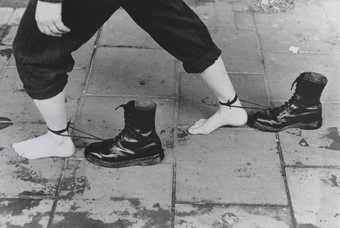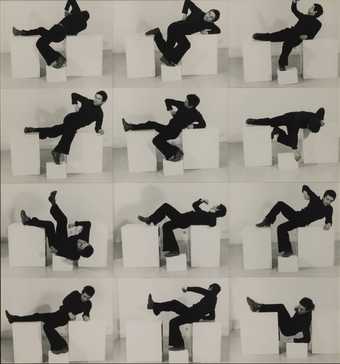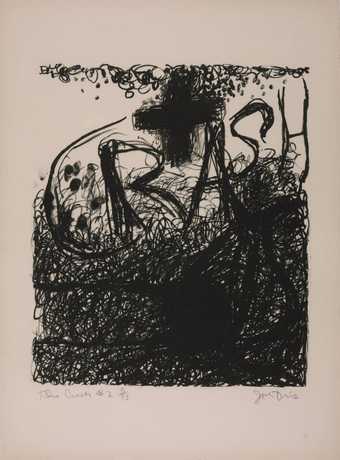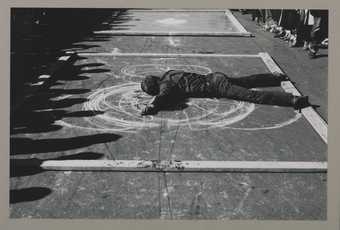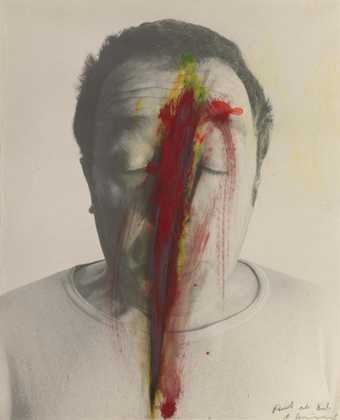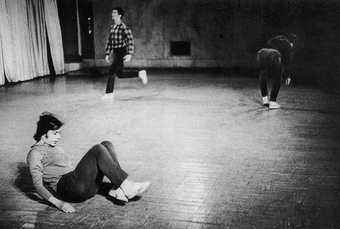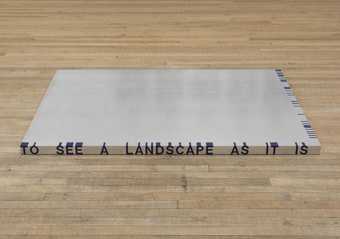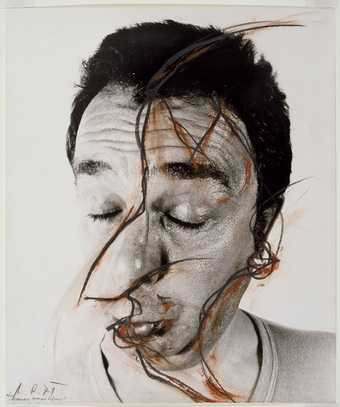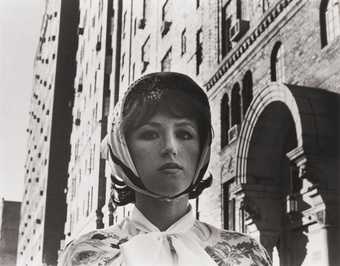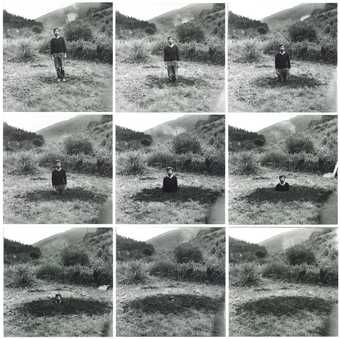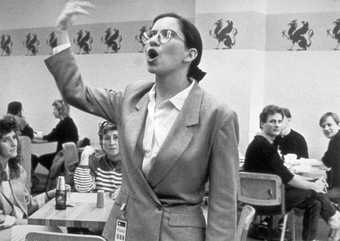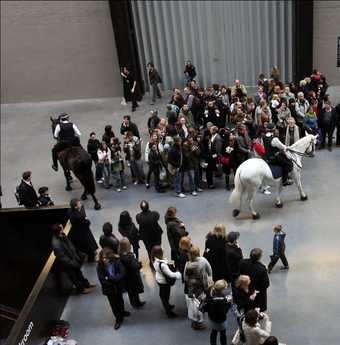
Tania Bruguera
Tatlin’s Whisper #5 (2008)
Tate
The term was first introduced by the theorist J. L. Austin in his 1955 book How to Do Things with Words. Austin used the word performative to describe a sentence that was also an action; like uttering the words ‘I name this ship the Queen Elizabeth’ while smashing a bottle against the boat. Other examples would be a judge declaring a verdict, or two people saying ‘I do’ upon being asked whether they take their partner in marriage.
This symbiotic or interdependent relationship between words and actions that the performative encompasses is a key aspect of performance art, with theorists and philosophers examining the role of actions, gestures and artistic decision-making through the idea of performativity. Since Austin’s first use of the word, there have been many philosophers who have elaborated on performativity including John Searle, Jacques Derrida and Judith Butler.
A work like Tania Bruguera’s Tatlin’s Whisper in which two mounted policemen perform crowd control with the audience submitting to their commands is an example of performativity.

